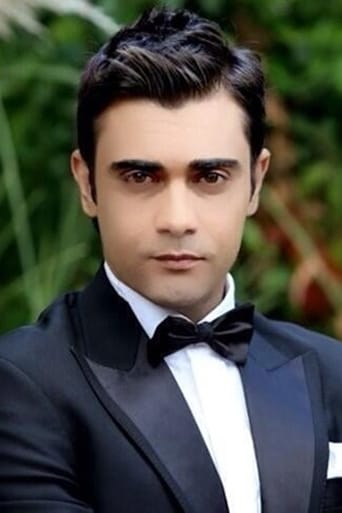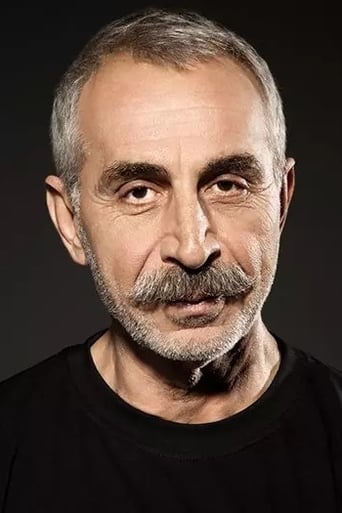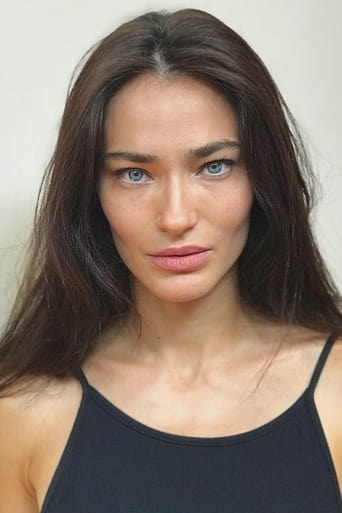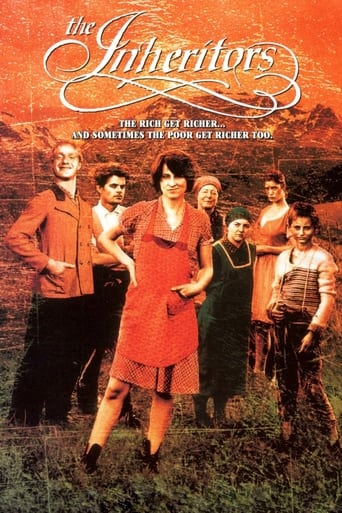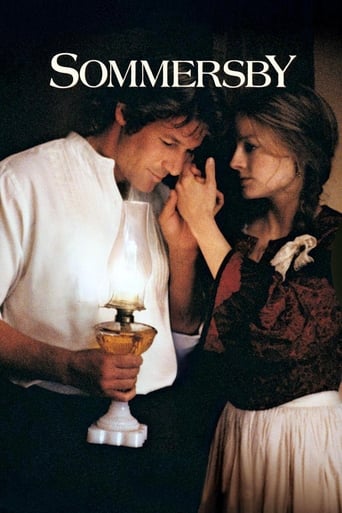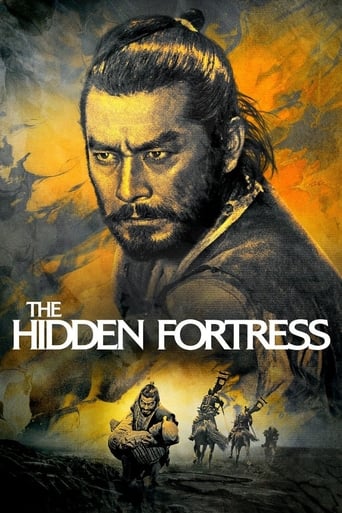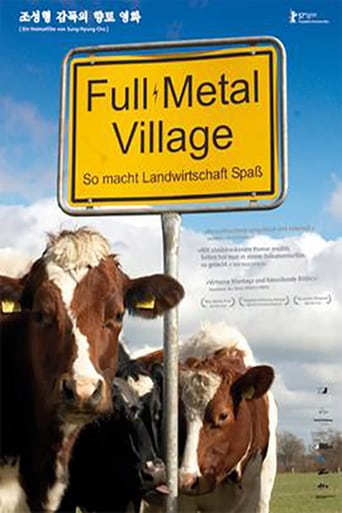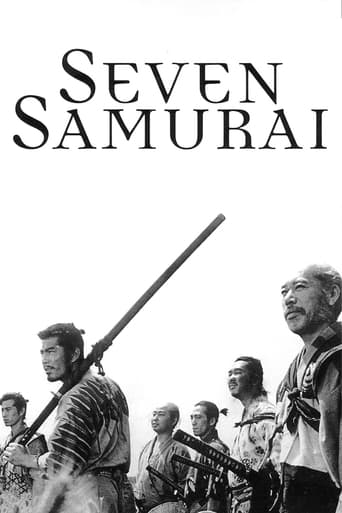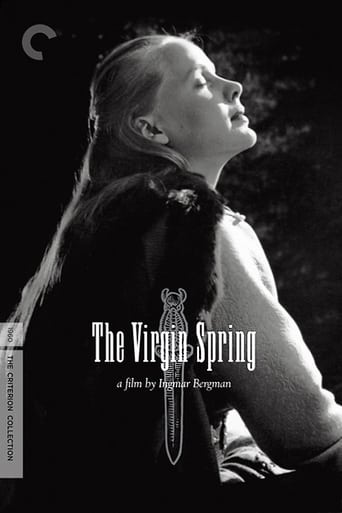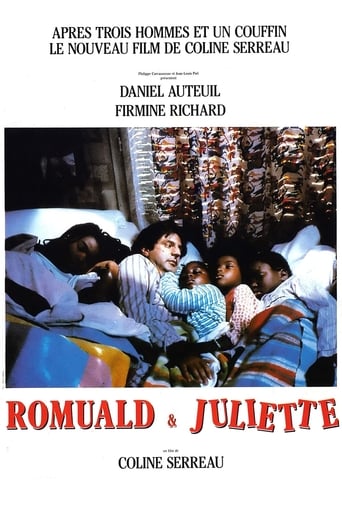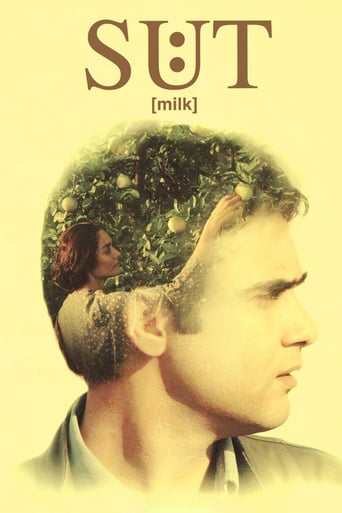
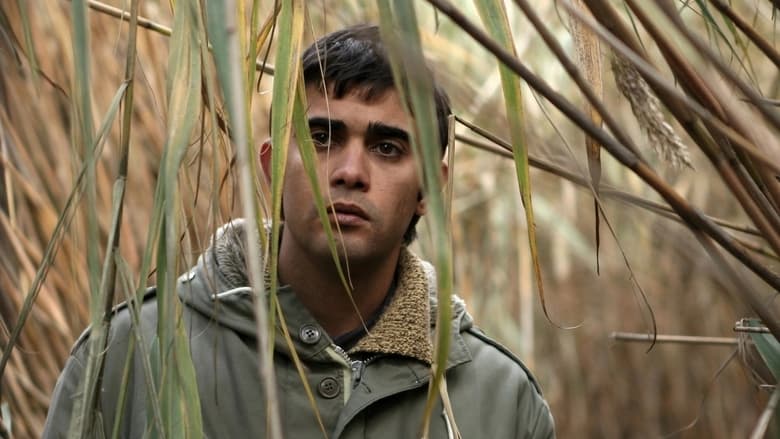
Milk (2008)
A high school graduate, Yusuf could not pass the university entrance exam. Writing poetry is his greatest passion and some of his poems are being printed in various obscure literary journals. But neither these poems, nor the rapidly falling price of the milk they sell, are being of any benefit to Yusuf and Zehra's lives. When Yusuf finds out about Zehra's secret affair with the town's stationmaster he gets disconcerted. Will he find the way to cope with his anxiety for the unknown future, the rapid change that he is going through and the pain of taking a step into adulthood and leaving his youth behind
Watch Trailer
Cast
Similar titles
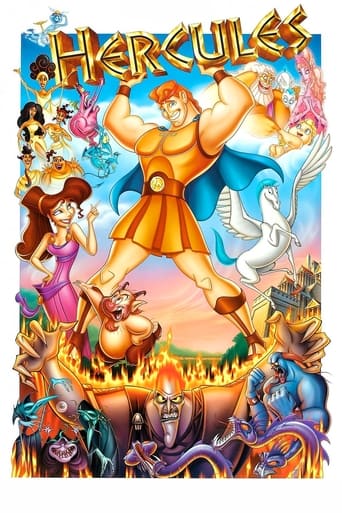
Reviews
Sorry, this movie sucks
Bad Acting and worse Bad Screenplay
At first rather annoying in its heavy emphasis on reenactments, this movie ultimately proves fascinating, simply because the complicated, highly dramatic tale it tells still almost defies belief.
The joyful confection is coated in a sparkly gloss, bright enough to gleam from the darkest, most cynical corners.
This film is pretentious and boring. On the top of it all, contains nothing interesting except the first scene where we see how Turkish magi exorcises a snake from shepherd's mouth.(...Well, sometimes it happens that shepherds fall asleep in field with mouth opened and snake comes in, which is terribly complicated situation to resolve. How to take out a snake from someone's mouth? Accidentally I have heard it is the best if unfortunate person drinks gallons of goat's milk until the snake literally runs out from his stomach, because snakes cannot bear the milk.) In the first scene we see the Turkish way of doing it. They hang the person on a tree upside-down over a pot full of boiling milk. And then magi throws 'magic formula' in the pot full of milk and when snakes appears out of unfortunate patient's mouth, he grabs it and takes it away.Apart from this little (probably symbolic) ethnographic-depicting scene at the begging, that does not have any formal connection with the rest of the film, this film has no story, no emotions, actually nothing else worthy seeing it. We see randomly taken (and boring) scenes from young poet's life and that is all. Truly, they are somehow connected, there is some kind of story about the guy who suffers because his widow-mother finds lover (even that is not clear enough), about his ambitions as a poet and the military service he would have to do, but... so what? Boring, slow, quasi-Antonionish and wannabe Tarkovsky scenes follow each other in the slowest and emptiest possible way. It does not matter where the scene will start nor where will it end. (The big difference is that in Antonioni's films we can see maladies of capitalist, ruthless and alienated Italian society, also we feel the atmosphere, and in Tarkovsky there is tension in every single shot because we don't know how it is going to end, as well as it's characters did not know, will they be arrested, or shot, because danger and damnation was everywhere as well in their real life - and there we are - in totalitarian Soviet empire or medieval Russia. And we can feel the breath together with characters, oh yes, absolutely!) In Kaplanoglu's shy case I did not see the purpose of anything. Alright, it does not has to have purpose - but what's it all about? Installation drama? And - drama about what? We actually do not feel nor see why these scenes are important to watch. Nor we see why it was important to author.I write this because I miss old good films. There are more and more films on the market that are either pretentious and meaningless installations or blockbusters. Turkey is so interesting country, it has so many antagonisms. How can it be that their filmmakers make such empty films? And these programmers of festivals, can they pick anything better? I remember Yol (1982). That was the film! And I've seen many foreign funds and TV's fund Kaplanoglu's films. How come? Are they afraid to finance something more exciting from Turkey? Is it politics? Besides, Kaplanoglu's films could be all done at cost of average TV drama.
This film is about a sensitive young man called Yusuf (Melih Selcuk), who is resistant to the harsh realities of becoming a man in modern Turkey, preferring instead his rustic ideal of living from the land with his mother. I seem to remember Joseph Heller writing in his novel Something Happened that we lose three quarters of who we are in the process of becoming an adult. Of course some people weren't ever really individuals in the first case, and on the other hand some are particularly ill-suited to this Procrustean process. Yusuf is one of the latter. He's a solitary young man who writes poetry, reads books and wanders in the countryside. He's up for national service, which I believe generally comes at the age of twenty in Turkey. Apparently national service is seen as a very important institution by the Turkish, one can even be prosecuted for defaming it. So one might see it as a rite of passage. On the one hand someone of an artistic temperament may not be enthusiastic about joining the military, on the other missing out means being separated from the flock and a symbolic ascension(?) to adulthood. Yusuf fails the medical because he is epileptic. This is a cause of much anger within him. He's desperate to be a man, mostly in fact so that he can gain some respect from his mother, whom he adores. This is quite a crucial point, his mother loves him dearly, on the other hand she does not respect him.There is also a difficulty in that his mother has met a man in town, an official. So she is growing away from her son and neglecting the farm work. I think Yusuf would like to live in a traditional manner, making money from the land with his mother, selling produce at market, and reading and writing poetry in his cosy study. One might suspect incestuous longings, however I think it's much more of a Platonic idolisation, after the fashion of Leonardo or Pasolini.Yusuf is quite good at poetry, and has one of his poems published in Düsler Öyküler (a Turkish literary journal, literally Dreams Short Stories). It's actually about his mother, but she thinks it's about a local girl.So what I haven't perhaps explained yet it that this is a drastically beautiful film, this phase in Yusuf's life is shown with a natural unmannered beauty. There is one scene where he is picked up by a local girl and they drive out to a secluded rural location, she is either receiving texts or phone calls on her mobile every half minute and so he doesn't get much of a look in. He walks into the ruins of a Turkish bathhouse and has a wander inside. We then see the girl's silhouette stroll along the skylight, it's a symbol of her unattainability. It's one of the most beautiful things I've seen in a while. Yusuf is not the sort you would see with a mobile phone, an idyll is what he's looking for, uninterrupted by ring-tones.The film is clearly interested in the transition to adulthood, which is unforgiving, and in a small strand we have a friend of Yusuf's who is also a struggling poet, though not yet published, working as a miner (complete with poems stuffed under his shirt and day-glo hazard jacket. It's seemingly a huge violation to become an adult, that's my opinion any way. I value artistic representations of the sacredness of each individual and their imagination. In a quite brilliant shot we see this represented by the miner's light on the hard hat of the friend, approaching the camera. This theme of what it means to become an adult actually reminded me of the story of the young man Ismail from Ceylan's 2008 work Üç maymun (Three Monkeys).It's probably best to explain why the title of the film is Milk! It has more than one meaning for sure, Yusuf and his mother have a couple of cows, and they attempt to make a living by selling the milk but also by making cheese and other milk-related delicacies, as well as fruit and vegetables. Milk is also obviously the nourishment provided to you by your mother. I think it's also enlarged here so that it also refers just to life itself, even in one scene we see an exorcism where the fumes of boiled milk are used. The exorcism is also a real one, you see an obviously supernatural event in the film. Which is unusual at the cinema unless you are watching a tongue-in-cheek horror film. It speaks bounds of the director's connection with traditions, the countryside and a mystical magic real existence.I was thinking actually whilst watching this film that it could well be a type of "Antoine Doinel" type series. After reading about it I've found that's it's actually the second part in a trilogy about Yusuf's life.By the by, Basak Köklükaya as the mother has a leonine immutable beauty that is quite inspiring, a perfect choice as a mother for Yusuf to idolise.Semih Kaplanoglu, remember the name, this guy has got talent in abundance. Makes me feel like a human being again watching movies like this.
Second film in the Egg-Milk-Honey trilogy, whose main theme is the relationship between mother and son on the background of changing Turkish society, the generational and rural-urban conflicts. The symbolism of the film is mind-motivating but not incomprehensible, the camera is exquisite and sound underscores the atmosphere of the film. Süt is probably cinematographically more mature than Yumurta. Semih Kaplanoglu proves again that he is a very promising director with a defined auteur style. Basak Koklukaya gives a standard performance while the young actor, Melih Selcuk, presents a very good and for his debut film a mature screen presence - another big talent found by Kaplanoglu (Johnnie To, member of the 65th Venice Film Festival jury, listed Selcuk as one of his two main candidates for the best actor award). After watching Süt, the feeling that was steadily growing inside will not let you rest and the film will continue to resonate inside of your soul for days to come. Selected for the 65th Venice Film Festival Main Competition as the first Turkish film in 17 years, this film is yet another proof of how long a way Turkish cinema has walked from merely 15 years ago until now and how many promising Turkish artists the future might uncover for us.
It's hard for a viewer who's used to watching James Bond films to get into Süt. This is the second film of the "Yusuf Trilogy" written and directed by the talented Turkish director Yusuf Kaplanoglu and it precedes Yumurta, so you know what you're up to. Long shots, very little camera motion a very simple actual story, which doesn't have an obvious, Hollywood-like plot twist or ending.On the other hand, it includes a very long story about the social change the "location" is going through and also a very long story about the change the main character has to face. This long story part is not told through any means of action of course, because basically everybody knows what a teenager has to go through. That part is left to the viewer, to be gained as impressions from the moving paintings of Kaplanoglu's film.Süt is simply close to film as an art form. Multi-layered, pure, not filled with unnecessary dialogs. Sometimes an image on the background, sometimes an animal or sometimes even a bright light carries the flow of ideas. Viewer needs to think about it, read about it, maybe see it once more and after all these steps, may still like or dislike the film. That's a personal taste nobody can change in the end but this whole process is worth the effort.Süt was -for me- more difficult to get into than Yumurta. Basak Koklukaya is close to perfect but Melih Selcuk is I think, not really up to the job he has in his hands. The third film of the trilogy will be Bal and will paint the childhood of Yusuf.
